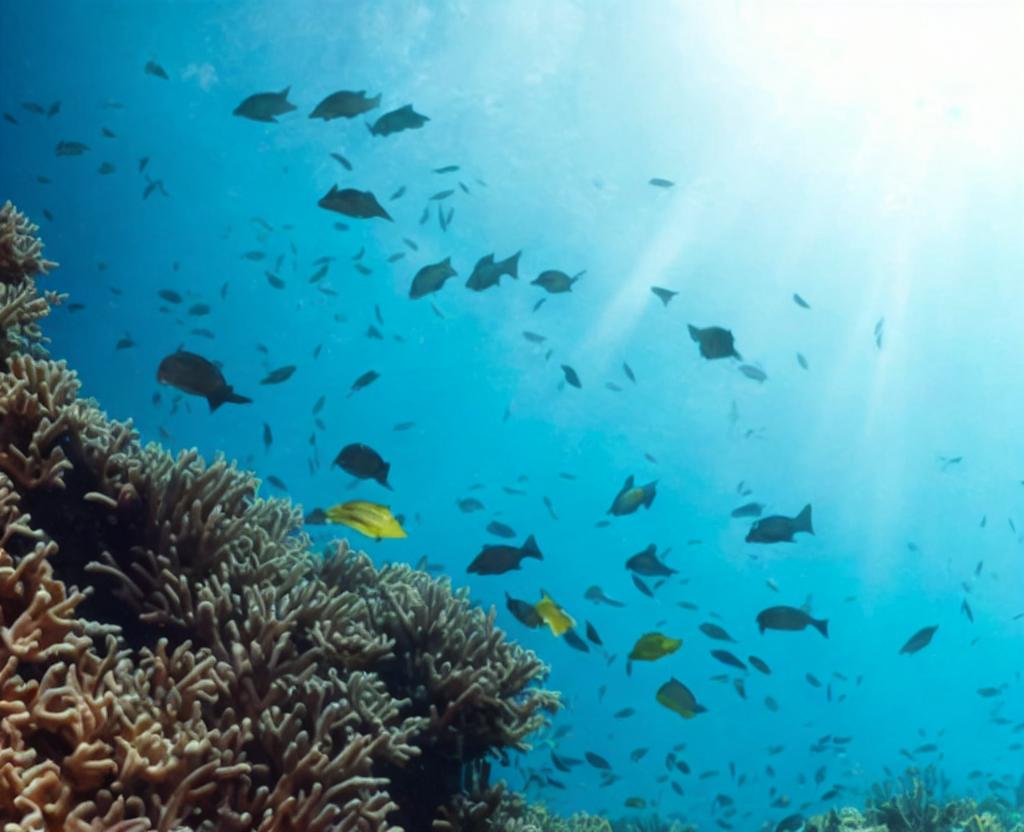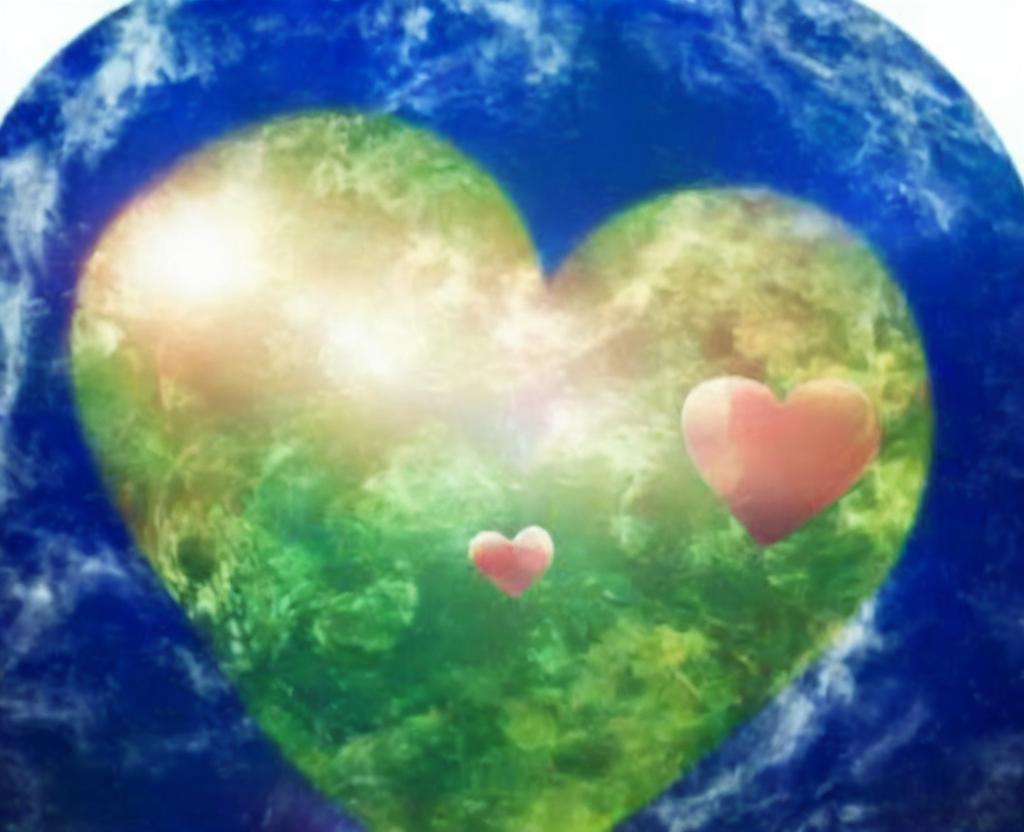
World Reef Awareness Day
On June 1st, World Reef Awareness Day, a call to action for consumers, businesses, and organisations to consider the fragile ecosystem of our ocean's coral reefs. Education and engagement bring together the general public, influencers, and opinion leaders to bring together active change through education and engagement.
#worldreefday
Coral reefs are living communities of colonial organisms made of individual polyps that excrete a bone-like skeleton. This skeleton consists of large rock-like structures that are home to thousands of organisms. This skeleton is a skeleton that is home to thousands of species of insects.
The health of an ocean shows a lot about the wellbeing of an ocean. The wellbeing of a reef tells us a lot about its wellbeing. Many fish and ocean animals rely on the safety of a living reef to survive for spawning season. The reef also provides more than cover; it also supplies a burgeoning food chain. The coral reef system, from plankton and algae to the largest sea creatures, is a vital life support system.
A healthy reef can reap the health benefits of a healthy reef
A healthy reef ecosystem provides much more than just the ocean. Coral reefs are: the coral reefs are:
- Plant and fish life are both essential to the plant and fish life
- Contributing to a burgeoning fishing industry, contributes to a burgeoning fishing industry
- Beaches and coasts are shielded from erosion by erosion, so protect beaches and coastlines
- As the oceans filter, the oceans filter, and the oceans filter as the oceans filter
- Life-saving drugs are available in Australia and Newborn life-saving drugs are included
- Plastic consumption is possibly the only animal on the planet capable of eating plastic, possibly the only one species on the planet capable of eating plastic
Coral bleaching has caused the decline of our most productive reefs in recent years. For example, the Great Barrier Reef in Australia has decreased by 40%. It's even worse along the Florida Keys and Caribbean. Their decline is between 85 and 99 percent! About 90 percent of the coral reefs in the Caribbean have disappeared since 1980, according to Dr. Craig Downs, Executive Director of Haereticus Environmental Lab.
Causes of die-off
What causes coral reefs to die off?
- Sea temperatures are rising. Rising sea temperatures are also raising
- plastic pollution, and sewage discharge discharges are all typical of industrial pollution, plastic pollution, and sewage treatment
- chemical sunscreens are among the chemical sunscreens and sunglasses.
- Coral reefs are all in danger from unmanaged, high-density tourism
We can take one simple measure to safeguard these precious resources by wearing non-nano zinc oxide sunscreen. This is a simple step we can take to shield these precious resources.
"Uncoated and nano-size (less than 100 nanometers in diameter)," Dr. Craig Downs says, "when ingredients are uncoated and nano-size (less than 100 nanometers in diameter), they can penetrate invertebrates and fish cells and cause tissue damage," stresses all these marine organisms. Your best bet is to go for non-nano zinc oxide larger than 150 nanometers. At that point, acute toxicity fades, and ecosystem impacts are minimized, but ecosystem impacts are minimized."
Learn how to celebrate world reef day by following this guide
On World Reef Day, educate yourself and spread the word about how we can make simple choices today to save our reefs for tomorrow. The reefs are fragile today, so today is the time to save our reefs for tomorrow. While you explore the benefits of reefs, you should also share your findings. Use reef-safe sunscreen when you're heading to the beach. Reducing or eliminating single-use plastic from your diet is another simple way to safeguard the reefs. Plastics can be reduced or eliminated from your diet. And then, raise concerns about the importance of the reef eco-system. Join the movement by using these World Reef Day resources. You can contribute to the movement.
- Join the World Reef Day tile and caption by posting the World Reef Day tile and a suggested caption. To get off, get started with the World Reef Day toolkit
- On social media, use #WorldReefDay to post
- Visit www.worldreefday.org for more details.org For more details, visit www.worldreefday.org For more details, please visit www.worldreefday.org For more details, please visit www.worldreefday.org For more details, please visit www.worldreefdayorg
Raw Elements USA on Vimeo explains World Reef Day 2019 from Raw Elements USA on Vimeo.
The first world reef awareness day is a celebration that has occurred in the United States
On June 1st, Raw Elements founded World Reef Awareness Day to warn the world about the importance of our reefs and how we can protect them.
For general inquiries, please email [email protected] and for media inquiries, please contact [email protected] [email protected].
About raw elements
World Reef Awareness Day, a non-nano zinc oxide-based sunscreens that has pioneered the reef-safe movement, was established on June 1st to promote environmental sustainability, responsibility, and education. Raw Elements USA, a certified-natural sunscreen manufacturer that has pioneered the reef-safe movement, established World Reef Awareness Day on June 1st to promote its emphasis on sustainability, responsibility, and education.
Raw Elements were the first to tell the world about the importance of our reefs and how we can protect them. Raw Elements launched the country's biggest educational program to date, on World Reef Day. The campaign is in accordance with its current awareness campaigns. These campaigns include collaborations with Aqua-Aston Hospitality, Hawaiian Airlines, Marriott, and the Shore Hotel, their sponsorship of grassroots campaigns of charities and environmental groups, support for the Safe Sunscreen Alliance, and advocacy for the Sunscreen Ban Bill in Hawaii (which was signed into law in July 2018).







